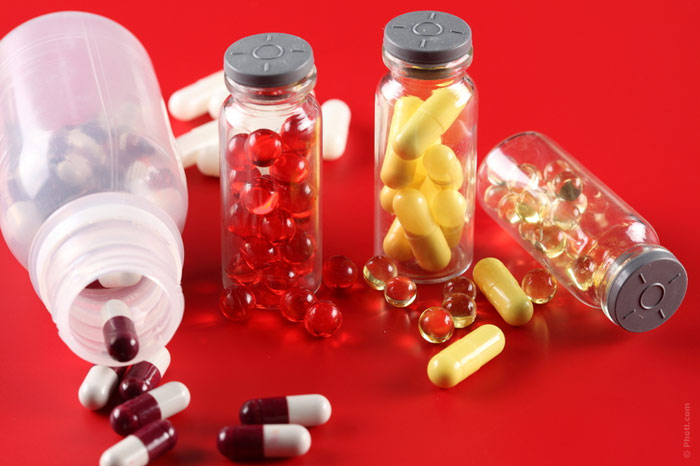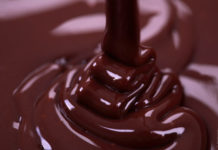 When we get sick and start taking drugs prescribed by a doctor, we do not stop eating and drinking. At the same time, we barely change our eating habits, but the combination of certain drugs with certain foods may worsen or completely neutralize the therapeutic effect.
When we get sick and start taking drugs prescribed by a doctor, we do not stop eating and drinking. At the same time, we barely change our eating habits, but the combination of certain drugs with certain foods may worsen or completely neutralize the therapeutic effect.
Conversely, good nutrition can act as an additional therapeutic factor that improves the effect of drugs and facilitates the healing process.
Antibiotics
Antibiotics are among the most “conflicting” drugs. You should exclude milk and dairy products from your diet, as they almost completely neutralize the action of antibiotics. You must give up alcohol. Eat more fruits, vegetables and herbs. Temporarily abstain from acidic foods – some berries, fizzy drinks, juices, wine and any dishes prepared with the use of vinegar.
Antidepressants
Antidepressants contain monoamine oxidase inhibitors, so it is better not to combine them with aged cheeses, cheeses with mold, sauerkraut, soy sauce, beef and chicken liver, dried fish and meat, yogurt, figs, raisins and sour cream. All of these products contain tyramine, which can dramatically increase blood pressure in a combination with monoamine oxidase inhibitors.
Note: when taking antidepressants, you must categorically avoid alcohol, especially red wine.
Anticoagulants
Anticoagulants (blood thinners) cannot be combined with cranberry juice, fruit drinks and most cranberries. This combination may cause internal bleeding.
Aspirin
Taking aspirin, eat meals containing small amounts of protein, fat and carbohydrates, otherwise the effect of the drug may be halved. Discard the citrus juices, as they provoke strong irritation of the stomach when combined with aspirin.
Note: you should never wash down aspirin with milk (it is believed that this method protects the stomach lining), but it neutralizes the medication, and aspirin simply does not work.
Painkillers
Pain medication is not recommended to combine with smoked foods as it negates all the useful effect of the drug.
Hormonal medications
They have an impact on metabolism, so to prevent complications you should eat cottage cheese and other dairy products, as well as dried apricots, fish, raisins, berries and pumpkins (these foods contain a lot of protein, potassium and vitamins).
Iron supplements
Taking them, give up coffee, tea, flour and sweets, dairy products and nuts. All these products make it difficult for the body to absorb iron.
Clonidine
Clonidine (it lowers blood pressure) cannot be combined with alcohol. Alcoholic drinks neutralize the effect exerted by the drug, which can cause a sharp jump in pressure.
Note: taking clonidine together with alcohol, you can lose consciousness (this effect is used by some scammers, whom you might have seen in criminal chronicles and films).
Diuretics
They contribute to the removal of potassium from the body. To replenish its reserves, you need to eat green peas, spinach, apricots, beets, onions, potatoes, apples, bananas and carrots.
Note: diuretics should not be combined with licorice or licorice root (licorice extract contains expectorant mixtures and “chemist” lollipops, and the decoction of the root is used as a laxative and diuretic). The substances contained in licorice root block the inactivation of glucocorticoids and mineral corticoids in the body. Also, when combined with diuretics, licorice root causes the increased excretion of fluid (it may cause dehydration) and potassium (the muscles may be destroyed).
Drugs for rheumatism
These medicines are very aggressive in their influence on the mucosal gastrointestinal tract. Stick to a strict diet when taking such drugs: give up raw vegetables and fruits, fried foods and mushrooms, meat and fish broth.






